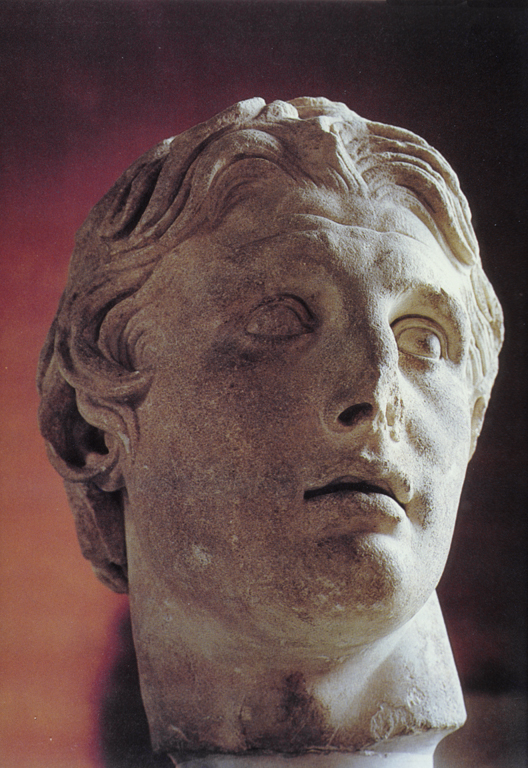Week 5
Tonight we are going to talk about Alexander the Great. The first question everybody will ask is: “Why was he great?” What is great about Alexander the Great? Much of what we will talk about tonight will be battles and people will get killed. People don’t think of that as greatness. That is true. Often battles are not that great. So what about Alexander is great?
Why is Alexander “Great”?
1. The first reason is, he did more than any other human being has done in 33 years. There is no other historical figure with such a short life who does so much. So that is pretty great to start with.
2. Second, he is he first person we know about who thinks about “the ecumenical reality of the world”, that this is “one world”. Alexander had a clear ecumenical idea and his idea was he would go to the ends of the earth, to the very edge. As far as he knew the edge was India, and when he died at 70 or 80 he would have unified that world.
3. He planned to not just conquered it, but rather he wanted to bring cultures together, to unify them often in a fairly sophisticated way. For example, in Babylon, present day Iraq, he sponsored a mass marriage between Greeks and Persians. His idea was that he would bring the whole culture together by having thousands of Greek soldiers marry Persian women. So his idea went beyond conquest. If he had had a longer time who knows how unified the world would have been. But the fact was that when he died in 323 BC this was a radical, progressive, extraordinary idea.
Nobody had thought like this, certainly not in Egypt, and not in Persia. The leaders of ancient cultures were very insular. Each thought his culture was the best so there was no reason to have anything to do with other cultures, except to sell things to them. Alexander is a trailblazer, a “world thinker”.
REQUIRED READING
No required reading
RECOMMENDED READING
These three excellent books about Alexander are all in print. The Renault book reads as an essay about Alexander and the literature about him. The Green book is considered the masterpiece of the world's leading expert on Alexander. Renault's book reflects her adoration of Alexander; Green's book is cooler and more academic. The Goldsworthy book is fascinating about Alexander and his father. All are excellent and well worth reading.
MORE RECOMMENDED READING: Historical Fiction
The best introduction to ancient Greece that I know is the historical fiction of Mary Renault:
Mary Renault (4 September 1905–13 December 1983), born Eileen Mary Challans, was an English writer best known for her historical novels set in ancient Greece. In addition to vivid fictional portrayals of Theseus, Socrates, Plato, and Alexander the Great, she wrote a non-fiction biography of Alexander. It is the best short book about him. (The Nature of Alexander)
Historical novels:
The Last of the Wine (1956)—set in Athens during the Peloponnesian War; the narrator is a student of Socrates.
The King Must Die (1958)—the mythical Theseus, up to his father's death
The Bull from the Sea (1962)—the remainder of Theseus' life
The Mask of Apollo (1966)—an actor at the time of Plato and Dionysius the Younger (brief appearance by Alexander near the end of the book)
Fire from Heaven (1969)—Alexander the Great from the age of four up to his father's death
The Persian Boy (1972)—from Bagoas's perspective; Alexander the Great after the conquest of Persia
The Praise Singer (1978)—the poet Simonides of Ceos
Funeral Games (1981)—Alexander's successors



